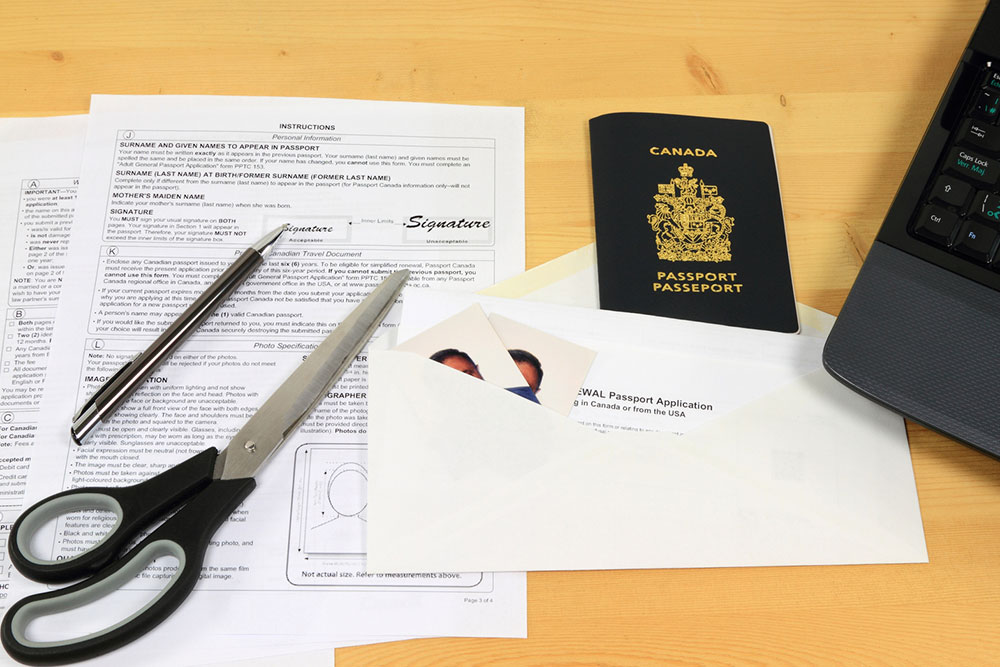6 most common passport application mistakes

Applying for a passport has become very easy today. The process would take days or even weeks some decades ago, but now, thanks to digitization, one can get through with just a few clicks. That said, many people make errors during the application process, which leads to unnecessary delays and extra hassle. Below are a few critical mistakes one should avoid when applying for a passport or renewing the document.
Not paying attention to the current passport’s expiry date
Arguably, the most common mistake people make is being unaware of the number of years or months left on their current passports. Many check the document’s expiry date only after booking an international holiday and heading to their destination. Doing so can cause significant issues as many countries require inbound travelers to have at least three months or so left on their passports from their date of arrival. Therefore, passport holders must check their passport before planning their holidays. Experts recommend renewing one’s passport at least a year before it expires. This practice ensures individuals do not face hassle when boarding their flight or arriving at their destination.
Making typos and misspellings in the application form
People often fill out the application form hastily when applying for a passport, which leads to multiple typos and misspellings.







